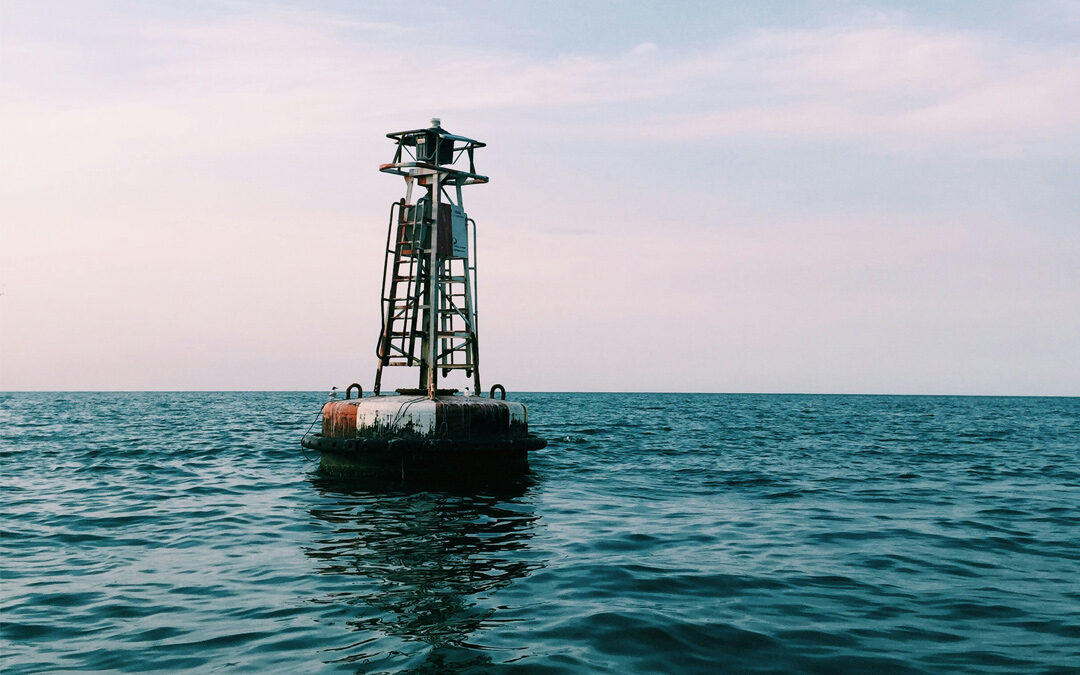Azerbaijan, positioned on the western coast of the Caspian Sea, holds a critical role in both economic and geopolitical landscapes. The Caspian Sea, the world’s largest inland body of water, has been the focal point of trade, energy resources, and strategic influence for centuries. Azerbaijan’s location on this crucial body of water has transformed it into a key player in the region, offering significant value to global markets and international diplomacy. We cannot understate the importance of the Caspian Sea for Azerbaijan’s economy, its strategic geopolitical position, and how this unique geographic advantage continues to shape Azerbaijan’s global standing.
The Caspian Sea: A Wealth of Natural Resources
The Caspian Sea is renowned for its abundant natural resources, particularly its vast reserves of oil and natural gas. Azerbaijan has been at the center of energy extraction from the Caspian Sea since the late 19th century, when the first oil fields were discovered. Today, oil and gas remain critical drivers of Azerbaijan’s economy, making the country one of the key energy exporters in the region.
The Baku-Tbilisi-Ceyhan (BTC) pipeline, which transports oil from the Caspian Sea to the Mediterranean, and the Southern Gas Corridor, which delivers natural gas from Azerbaijan to Europe, are testaments to the country’s vital role in global energy security. These energy corridors have helped reduce Europe’s dependency on Russian energy, while simultaneously establishing Azerbaijan as a reliable energy partner for the West.
Azerbaijan’s strategic control of oil and gas reserves in the Caspian Sea ensures its position as a critical energy supplier, further enhancing its influence in the global energy market.
Azerbaijan’s Role in Geopolitics:
Beyond its economic wealth, Azerbaijan’s location in the Caspian region has made it a key geopolitical player. Bordering Russia to the north and Iran to the south, and being a crossroads between Europe and Asia, Azerbaijan’s influence extends far beyond its borders.
One of the most important geopolitical aspects of Azerbaijan’s position is its role in energy diplomacy. As the Caspian Sea is a shared resource between five countries (Azerbaijan, Russia, Kazakhstan, Turkmenistan, and Iran), Azerbaijan’s ability to entertain complex relationships with its neighbours has been crucial. The Convention on the Legal Status of the Caspian Sea, signed in 2018, formalised the shared rights and responsibilities of the littoral states, providing Azerbaijan with a clear framework for cooperation and dispute resolution, particularly in the exploitation of its energy resources.
Azerbaijan’s foreign policy has focused on maintaining neutrality and building strategic partnerships with both Western and Eastern powers. This balanced approach has allowed the country to foster beneficial relationships with Europe, the United States, and neighbouring countries such as Turkey, while also maintaining cooperation with Russia and Iran. Azerbaijan’s central role in the Non-Aligned Movement and its successful chairmanship of the organisation further exemplify its geopolitical significance as a mediator and bridge between different regions.
Economic Significance Beyond Energy:
While oil and gas dominate Azerbaijan’s economy, the country is also diversifying its economic activities, leveraging its strategic position on the Caspian Sea. Azerbaijan is a key player in the development of trade routes connecting Asia and Europe, particularly through the Trans-Caspian International Transport Route (Middle Corridor). This trade route links China with Europe, passing through Central Asia, the Caspian Sea, Azerbaijan, Georgia, and Turkey. As global supply chains shift and diversify, Azerbaijan’s role in facilitating international trade and logistics becomes even more significant.
Furthermore, the Port of Baku has become a vital logistical hub, enhancing Azerbaijan’s ability to serve as a transit point for goods moving between Asia and Europe. With ongoing investments in infrastructure and logistics, Azerbaijan is well-positioned to expand its influence as a trade facilitator in the region, supporting its long-term economic growth.
Environmental and Ecological Considerations:
The Caspian Sea is not only an economic asset but also a fragile ecological system that faces significant environmental challenges, including pollution, overfishing, and rising water levels. Azerbaijan has recognised the importance of preserving this natural resource, actively participating in regional efforts to address these environmental issues. Through cooperation with neighbouring countries, Azerbaijan aims to balance its economic interests with sustainable practices, ensuring that the Caspian Sea remains a viable resource for future generations.
The Caspian Sea is at the heart of Azerbaijan’s economic and geopolitical significance. With vast energy resources, a strategic geographic position, and growing influence in international trade routes, Azerbaijan continues to assert its importance on the global stage. For businesses and investors, understanding Azerbaijan’s pivotal role in the region is crucial for tapping into the opportunities it presents.

